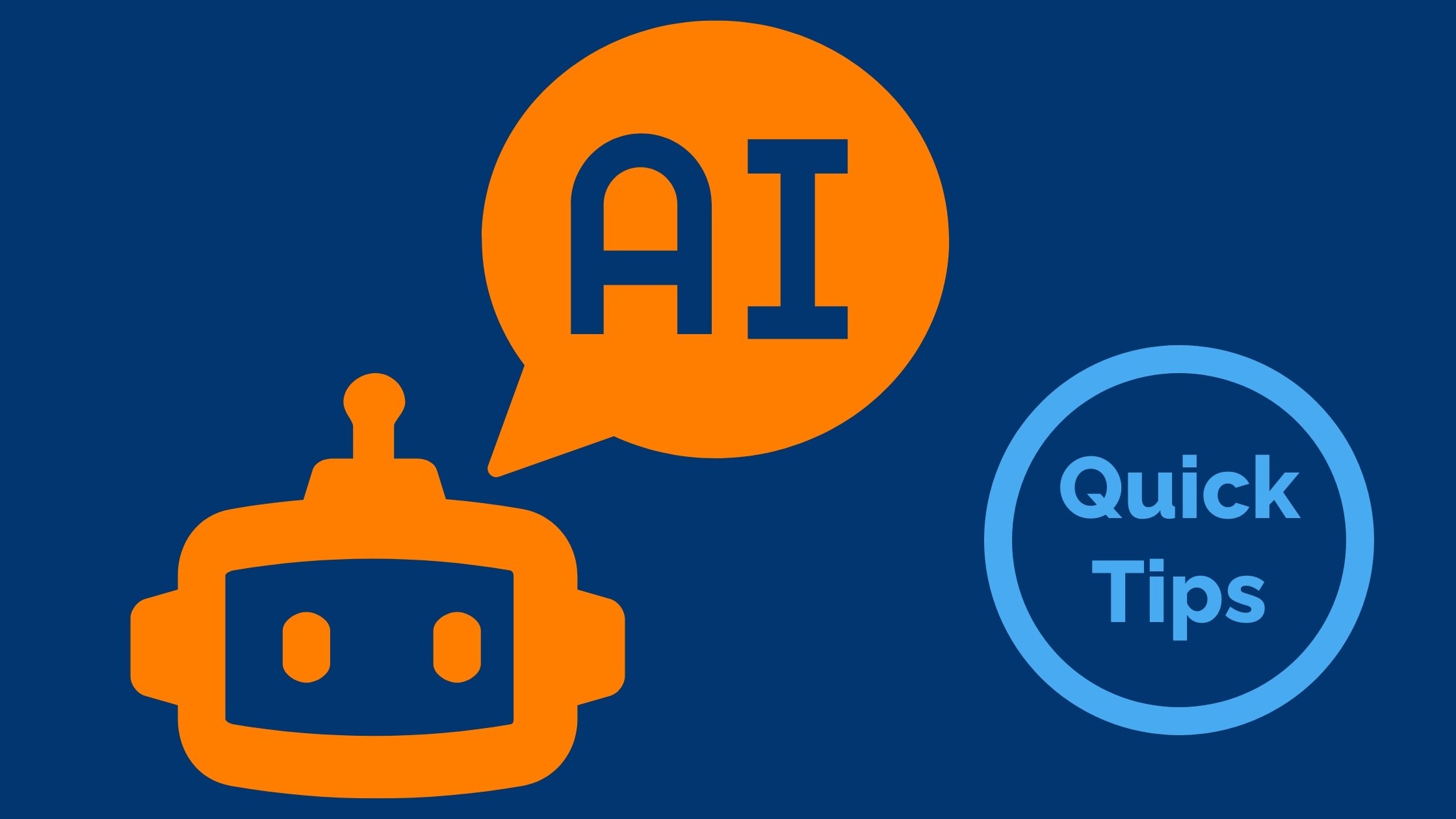Sometimes it is hard to define these without using the same words…
Deep research models are designed for tasks that require collecting and analyzing a lot of information from a lot of sources. This can include facts, opinions, official documents, anecdotes, etc. (You know, research…)
These models will gather a lot more information than other models and put it all together to draw conclusions and answer your questions.
These are becoming more popular, and most of the larger AI chatbots now have deep research models available - ChatGPT, Gemini, Perplexity, Claude, etc.
Pros of deep research models
- Can save a lot of time over manually gathering, reviewing, and combining information
- Will usually make connections that you won’t
- Can site sources
- Can output reports of findings
Cons of deep research models
- Can take a lot longer than other types of AI models
- OpenAI Deep Research models can take 30 minutes to generate a report
- Not as mature as other types of models
- They haven’t been out as long so there are still issues that are being addressed as they are reported
- Don’t always choose reliable sources
- The AI tools sometimes can’t differentiate between trusted sources and questionable sources
- Not good for non-research tasks
There are a lot of different groups of research - i.e., medical, legal, financial, business, etc.
If you have research projects, AI tools can be a low-cost and fast research assistant.


Comments